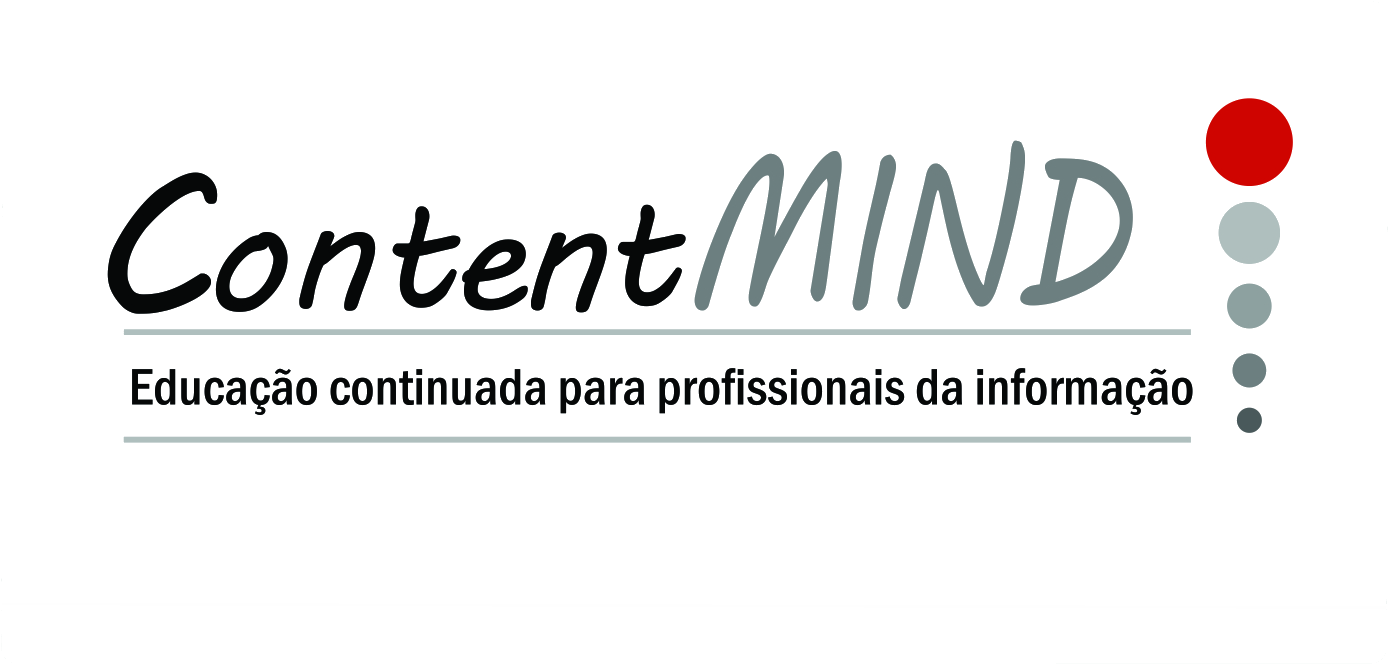The Structural Rationalism and the sources of Brazilian Modern Architecture: method, de nitions and research potential
Resumo
The research has two main objectives: rst, expand the knowled- ge of the sources of the theory and practice of Brazilian modern architecture and, second, contribute to the consolidation of the cultural history of architecture in Brazil. Studying the structural rationalism as source of the Brazilian modern architecture does not only mean to deepen the knowledge already in progress on the latter, but also to apply the cultural history method to the stu- dy of the history of architecture in Brazil. For the recent research about the structural rationalism bene ted from the cultural history method and is part of the new architectural history of the XIX century, elaborated since 1990, approximately. In this context, the very de nition of structural rationalism is ampli ed and dee- pened. Instead of simply meaning a relation of cause and e ect between structure and architecture in which the structure is one of the architecture’s purposes, the structural rationalism is now understood as part of the new dynamic and organic conception of the architecture that emerges in the XIX century, for which, particularly, the structure is the means capable to fully generate the organic unity of the form. In this perspective, demonstrate that the structural rationalism is one of the sources, and more precisely one of the greatest sources of Brazilian modern architec- ture, not only permit to deepen the knowledge of the theoretical assumptions, but also the formal qualities of this architecture. As well as, consequently, the more general matters as the composi- tion method and the architecture’s cultural role that are relevant today and ever to the theory and the practice of the architecture.
Downloads
Métricas
Copyright
Copyright (c) 2017 Marcelo Puppi

Este trabalho está licenciado sob uma licença Creative Commons Attribution-NonCommercial-ShareAlike 4.0 International License.








